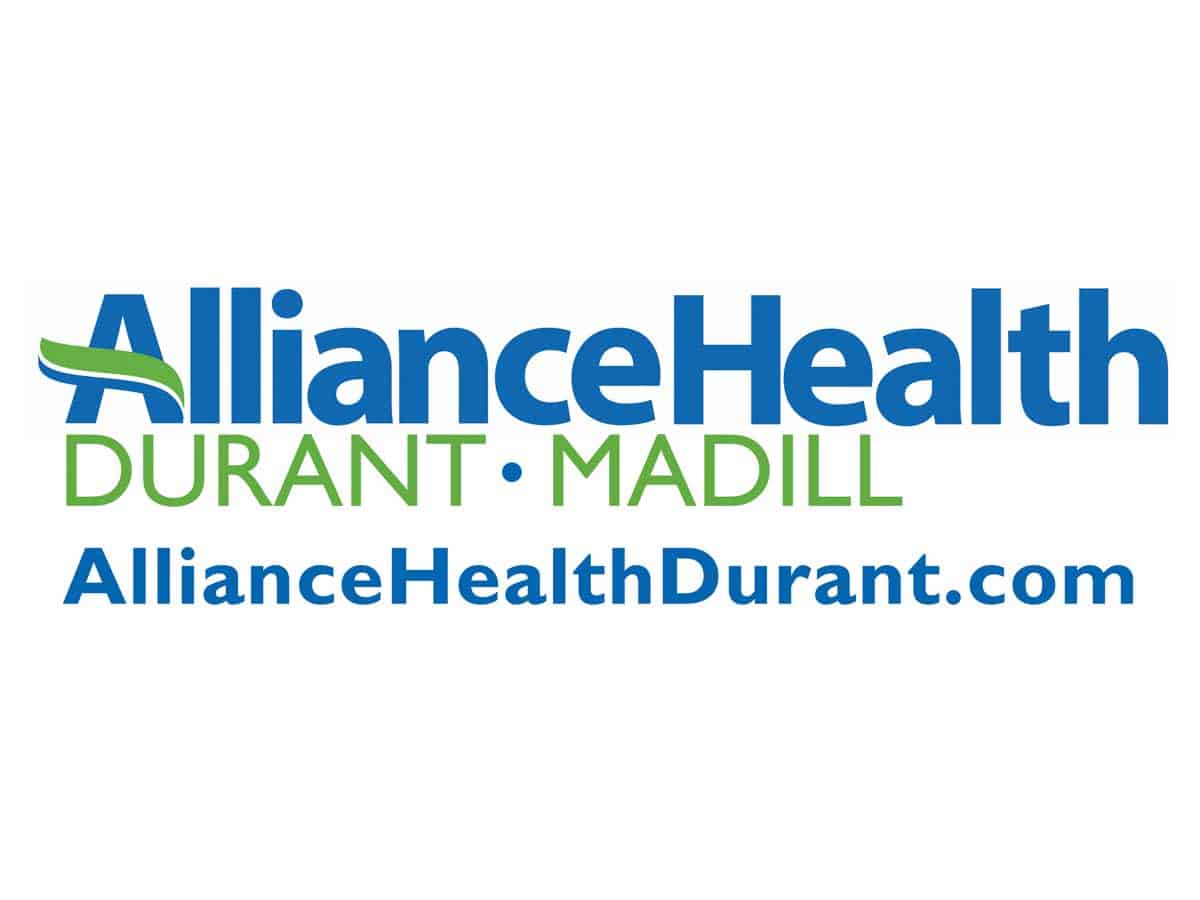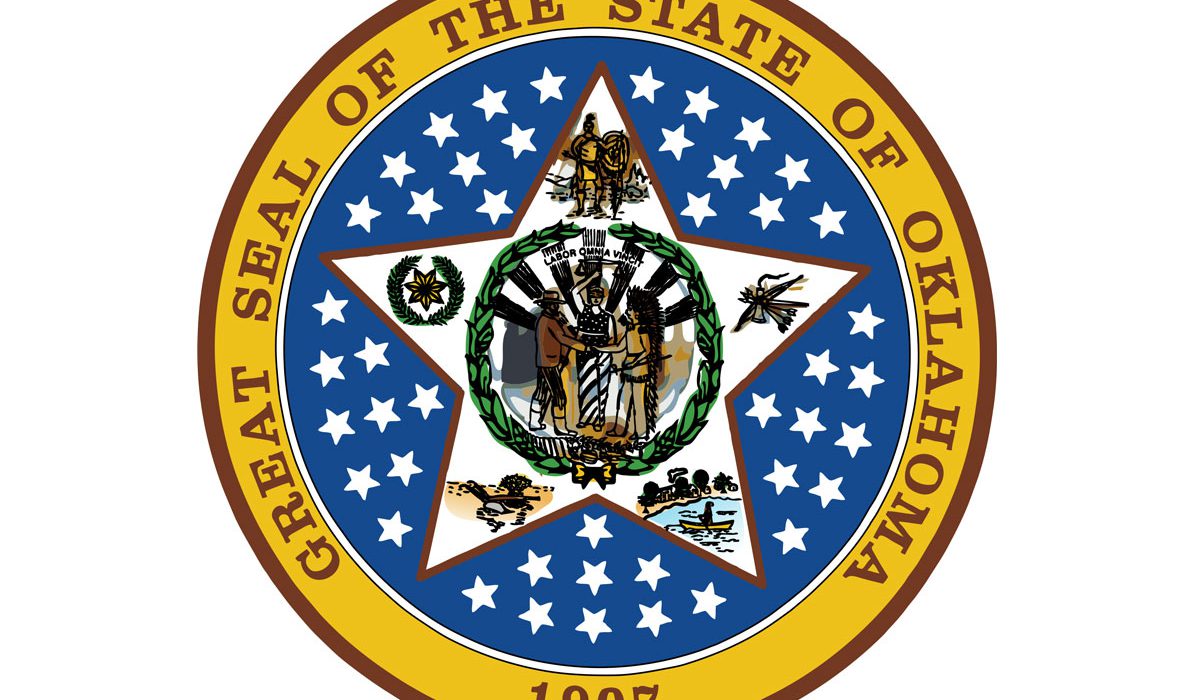Release
OKLAHOMA CITY – Governor Kevin Stitt today announced a comprehensive hospital surge plan, which is designed to ensure Oklahoma is fully prepared to handle any surge in demand on the State’s hospital and health care systems as a result of COVID-19.
“I want Oklahomans to know that we are prepared, and we’ll be ready for whatever comes our way with the COVID pandemic,” said Gov. Stitt. “Our comprehensive plan ensures Oklahoma will be in good shape on total hospital beds, ICU beds and ventilators, even if we are faced with the worst-case scenario. The Hospital Surge Plan leverages Oklahoma’s 8-region trauma system, which has effectively served our rural communities for years, and it also brings into play the Trauma Transfer and Referral Centers (TReC) system which will serve as ‘air traffic control’ for the movement of COVID-19 patients to care centers. As part of the Hospital Surge Plan, the State also accesses 54 telehealth units, which will be deployed to a majority of Oklahoma counties to enhance treatment of COVID-19 patients in rural communities.”
The IHME model, which is frequently cited by the White House Coronavirus Task Force, projects Oklahoma’s peak hospital demand will occur on April 23. The model projects Oklahomans will require 1,115 hospital beds, 229 ICU beds and 195 ventilators.
Oklahoma hospitals currently have 4,633 total beds, 671 ICU beds and 1,794 total ventilators available for COVID-19 patients.
Modeling by the Oklahoma State Department of Health shows a peak demand of April 21, and similar numbers of resources needed.
“We are in good shape, but I want Oklahomans to know that just because the models continue to look better over time, we must keep our guard up against this virus,” said Gov. Stitt.
The Governor’s Solution Task Force’s comprehensive hospital plan features three phases. The initial phase features existing hospitals increasing their capacities by 40%. Patients currently in hospitals will stay where they are, and new patients will be kept in their geographic region to the fullest extent possible.
The second phase includes OSU Medical Center in Tulsa and a hospital in the Oklahoma City metro to be used as flex sites designed to focus on COVID-19 patients. The Oklahoma City location will be publicly announced soon.
The third phase, if needed, will feature additional facilities constructed by the U.S. Army Corps of Engineers with assistance from the Oklahoma National Guard.
“I want to thank our hospitals for their tremendous partnership during this pandemic,” said Gov. Stitt “Many have made difficult financial decisions by suspending elective surgeries to ensure they have the space and the PPE available for Oklahomans impacted by COVID.”


